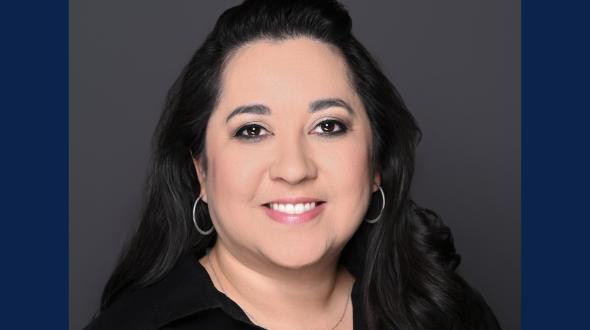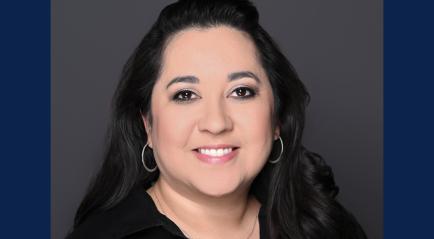Questions? Talk with an Advisor
Step 1 of 2
1. Your Interest
2. About you
Featured Articles

Industry Insights
Online Learner Trends & Demographics
0:17:18
Read Article

Student Lifestyle and Success
The Art of Sharing with UAGC student Ana Corcoran
0:00:04
Read Article

Industry Insights
Why Health Care Doesn’t Behave Like a Market (and Why That Matters Now)
0:17:09
Read Article

Industry Insights
Wellness Coaching vs. Health Education: Which Career is Right for You?
0:18:31
Read Article
Read More From Our Forward Thinking Blog












